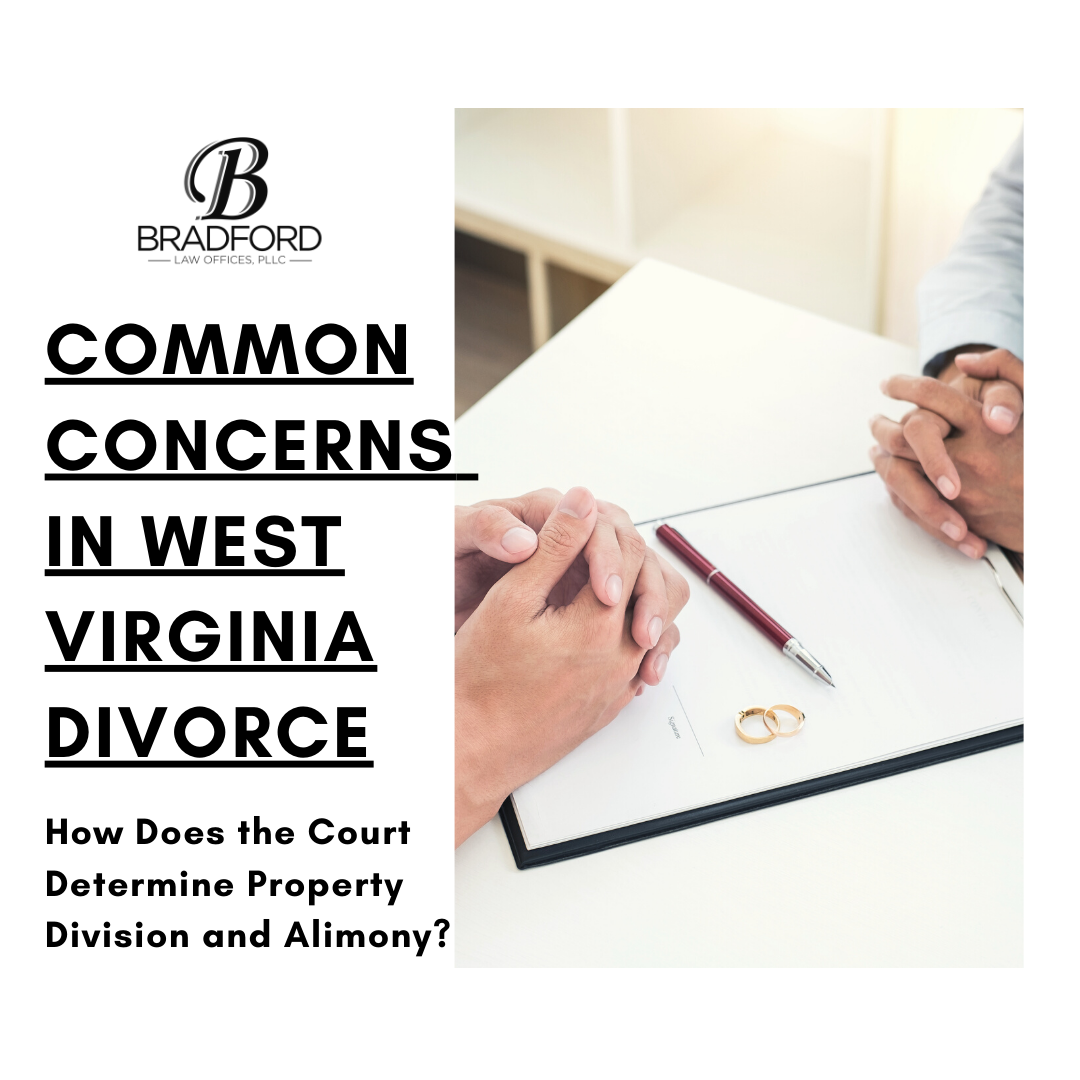How Does the Court Determine Property Division and Alimony?
One of the things that’s very common when people are thinking about a divorce is to be concerned about how any property is going to be divided and whether or not they’re going to have enough money to live on after the divorce. It’s important to consider this when you’re making that very important decision as to whether or not you’re going to get a divorce. One thing that the court will do is look at any assets that either you or your spouse own and then determine whether or not that is an asset that is going to be divided by the court because it’s marital property or whether it’s separate property.
An example of something that would be separate property would be a home that was fully owned without mortgage before the marriage. Now, there are some factors that can complicate that after the marriage, but in general, that’s an easy thing to look at and say that is going to be at least substantially separate property.
Something that would be marital property is a pension plan. If the couple got married in 1999 and neither of them were working a job with a 401K or some sort of pension plan, then they get jobs and say the wife has a 401K with her employer and the husband has a traditional pension through state government with his employer. When they go to get a divorce, the court will divide that pension essentially in half for each spouse and give the other spouse their share of the marital portion. That’s an example property that would be divided.
Another thing that is very important in a divorce situation is whether or not you will receive or have to pay alimony, or as it’s called in West Virginia law1, spousal support. Spousal support is not an automatic in West Virginia and it is not something that most judges have a formula for; it’s really based on multiple factors that are laid out in case law and the statute.
When it comes to alimony, the first thing the court would ask is ”which party is more at fault than the other for the breakup of this marriage?” An easy example of that would be a spouse who’s enduring long-term domestic violence and where their children have been somehow attacked, and then the court would look at the ability to pay the need. The other thing to look at is whether or not the person who would obtain the alimony actually has a need for the alimony. The question to be asked would be, “does this person need financial support from the spouse to continue living as close as they could to the way they lived before this divorce or separation?”
In some cases, the completely not-at-fault spouse may have absolutely no financial need because of their own assets and their own ability to earn a living. They probably wouldn’t get alimony or they would probably just get a very little bit from the other party. The other side of that is “does this person who is being asked to pay the alimony and who is at fault, does that person have the ability to pay alimony?” That’s something that is determined by a case-by-case basis.
The amount of alimony that someone might be awarded is going to be different in every single case because every couple has different needs, different lifestyles, and different abilities to pay. There is no formula. A divorce lawyer can help you wade through all the factors that are relative to your situation. You need someone who can help advise you how to go about convincing the court to get that alimony.


